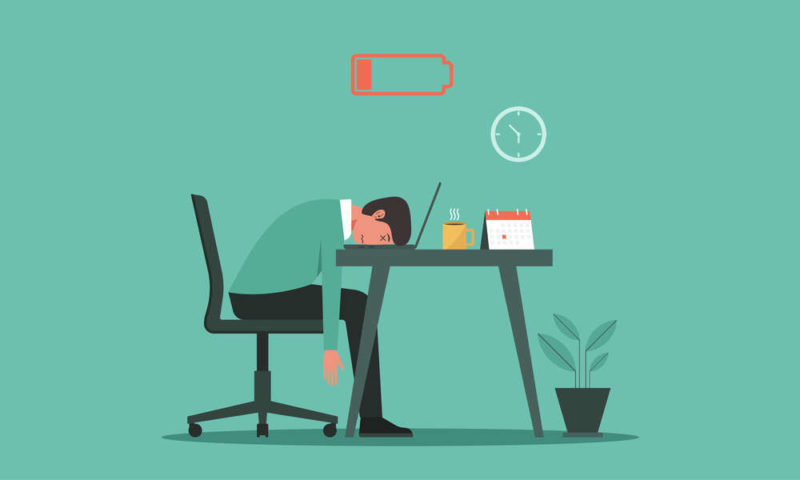
The Difference Between Bad Days, Burnout & Depression
There are key differences between burnout, mental health conditions that might look like burnout, and bad days. Knowing which is which can help you better assist your employees.
Burnout, burnout, burnout: People are talking about it on a scale not seen before. But while burnout means a very specific thing—a long-term loss of enthusiasm and energy that leads to lower performance—it can easily be confused with other conditions. A bad day can mimic burnout, as can mental health conditions such as depression, but they are distinct. Association leaders need to know the difference to most effectively support their teams.
“There’s a difference between getting sick of doing something and being exhausted at the end of the day, and the actual medical condition of burnout,” said Joe Robinson, a work-life balance expert and stress management professional.
Use these insights from Robinson to distinguish between burnout, bad days, and mental health struggles.
What Is Burnout?
Burnout is a psychological syndrome emerging as a prolonged response to chronic stressors—often job-related—that can lead to exhaustion, cynicism, and a sense of ineffectiveness or lack of accomplishment. It also has a physical component, with symptoms such as headaches, gastrointestinal conditions, muscle tension, and hypertension.
“Burnout has three main domains: physical exhaustion, cognitive weariness, and emotional exhaustion,” Robinson said.
Burnout or Bad Days?
A bad week can feel a whole lot like burnout. But one of the hallmarks of burnout is a prolonged feeling of mental, physical, and emotional exhaustion resulting from months, or even years, of chronic stress. If your stress is short-term and focused on a specific task or project, it may not be burnout.
Additionally, common solutions for short-term stress and lack of motivation—getting rest, socializing, digging into a hobby—may prove ineffective for people with burnout. Instead, they need to address the chronic stress that gave rise to it. Depending on the situation, this could mean changing jobs, reducing their workload, setting boundaries on remote work availability for better work-life balance, or changing teams within their organizations.
“You burn up all your coping mechanisms at a certain point,” Robinson said. “Even for somebody who’s successful for a while in using outside activities [to cope], they can wear down after a period of time.”
Burnout vs. Depression
While burnout and depression share common symptoms—such as chronic exhaustion, memory loss, anxiety, trouble sleeping—the former can be solved with more practical solutions. Burnout can be eliminated with effective stress management, but depression is often more complex.
Depression can be rooted in genetics or chemical imbalances, may not have an identifiable cause, and often requires more specific treatment.
“Depression has a longer-term recovery than burnout. Burnout doesn’t happen overnight either, but I coach a lot of people who are burned out, and within about four or five sessions we’re able to make the changes that need to be made because there are practical adjustments you can make,” Robinson said.
If you’re able to recover by stepping away from work—maybe with a lengthy vacation or sabbatical—you probably had burnout rather than depression. That said, be careful not to diagnose yourself or your coworkers, as it could lead to the wrong treatment. Professional care is the better course.
(ST.art/iStock/Getty Images Plus)






Comments